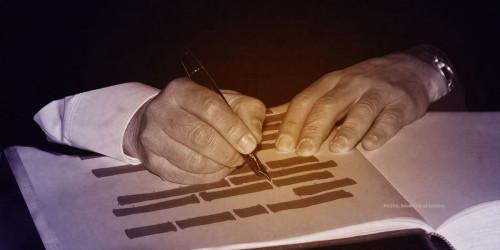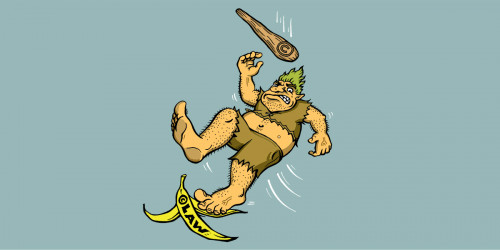Cooley Godward, one of the largest Silicon Valley law firms, has an all-clients bulletin explaining the Grokster ruling that includes the following telling advice in its "implications" section:
Litigation may increase and will likely become more complex. One immediate result of the decision is that many technology companies whose products have or potentially have infringing uses will struggle to understand the interplay between Grokster and Sony and what those cases mean for their companies and products. Although it is somewhat difficult to predict, copyright holders may become more aggressive in filing lawsuits alleging secondary infringement based on inducement theories. Because the question of intent is highly fact-dependent and discovery rules will afford plaintiffs wide latitude to seek probative evidence, it may be more difficult for defendants to obtain resolution of cases short of going to trial.
This is what real lawyers are telling their paying technology clients about Grokster, not the "spin" put out by industry associations and lobbyists. The more legal uncertainty that surrounds innovative new technologies, the more reticent American entrepreneurs will be to build them. Rather than keeping both eyes on what customers want, American innovators will be keeping one eye out for what Hollywood wants. Just remember, had that been the rule in 1976, we'd all have been saddled with Disco-Vision rather than the VCR.








